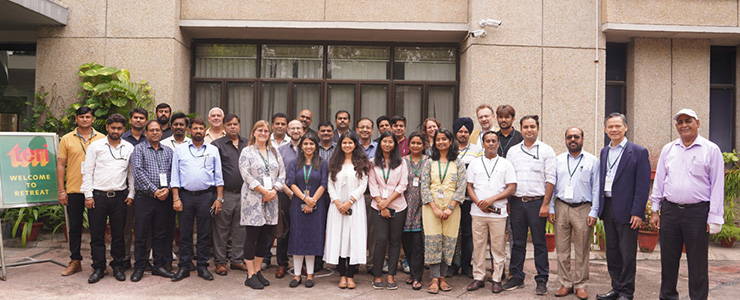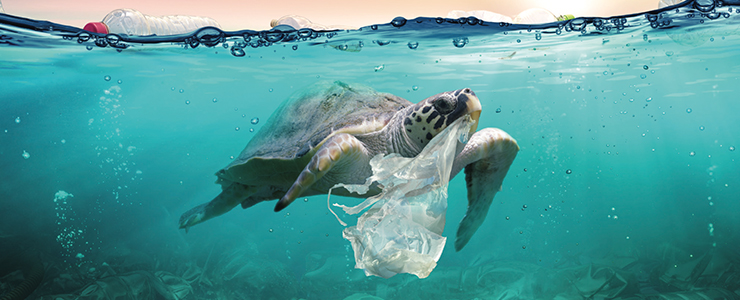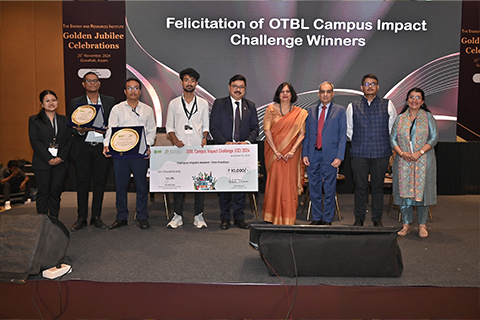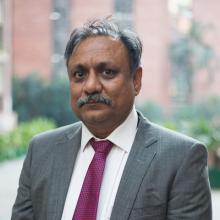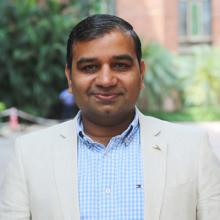NITI Aayog lays out a roadmap for advancing the circular economy framework for E-waste and lithium-ion battery scrap
January 22, 2026 |
January 23, 2026
The Economic Times
In its report, jointly prepared with the The Energy and Resources Institute (TERI), the Aayog has called for additional incentives to manufacturers under the Production Linked Incentive (PLI) scheme for Advanced Chemistry Cells to promote the uptake of recycled materials saying advancing the circular economy framework for E-waste and Lithium-ion Battery scrap is a national priority.
Eco Boost: India Now Recycles 48% of Carton Packaging, Says Tetra Pak - TERI report
December 10, 2025 |
December 12, 2025
Mint
India has made remarkable progress in recycling used beverage cartons, with rates more than doubling over the past decade. The sixth edition of the Used Beverage Carton (UBC) Management Study by The Energy and Resources Institute (TERI), commissioned by Tetra Pak, reveals a sharp rise in post-consumer carton recycling — from 29% in 2011 to 63.66% in 2025 across 24 surveyed cities.
Aseptic Carton Recycling Rates Improving Despite Rising Consumption, Reveals TERI Study
December 5, 2025 |
December 5, 2025
Business Standard
India has made significant strides in recycling used beverage cartons, with rates more than doubling over the past decade, according to the sixth edition of the Used Beverage Carton (UBC) Management Study released by The Energy and Resources Institute (TERI).
Aseptic Carton Recycling Rates Improving Despite Rising Consumption, Reveals TERI Study
December 4, 2025 |
December 4, 2025
The Tribune
India has made significant strides in recycling used beverage cartons, with rates more than doubling over the past decade, according to the sixth edition of the Used Beverage Carton (UBC) Management Study released by The Energy and Resources Institute (TERI).
There is no such thing as waste: Expert tells WION sustainability summit on how Earth can move from dustbin to recycling hub
December 2, 2025 |
December 2, 2025
WION
Dr Suneel Pandey, Director of the Circular Economy & Waste Management Division, The Energy and Resources Institute (TERI), remarked that the regulations are in place, and their comprehensive enforcement would significantly mitigate the issue. He stated a significant deficiency exists in regulatory capacity, compliance monitoring, and the training of officers to effectively implement the regulations.
98% processed is 100% lie: Investigating Gurugram’s broken waste system
November 17, 2025 |
November 17, 2025
Newslaundry
Allocating funds toward waste segregation, sorting, and processing not only facilitates the recovery of valuable resources through recycling and reuse but also mitigates health and climate-related impacts, stated Dr Suneel Pandey, Director, Circular Economy and Waste Management Division, TERI.




